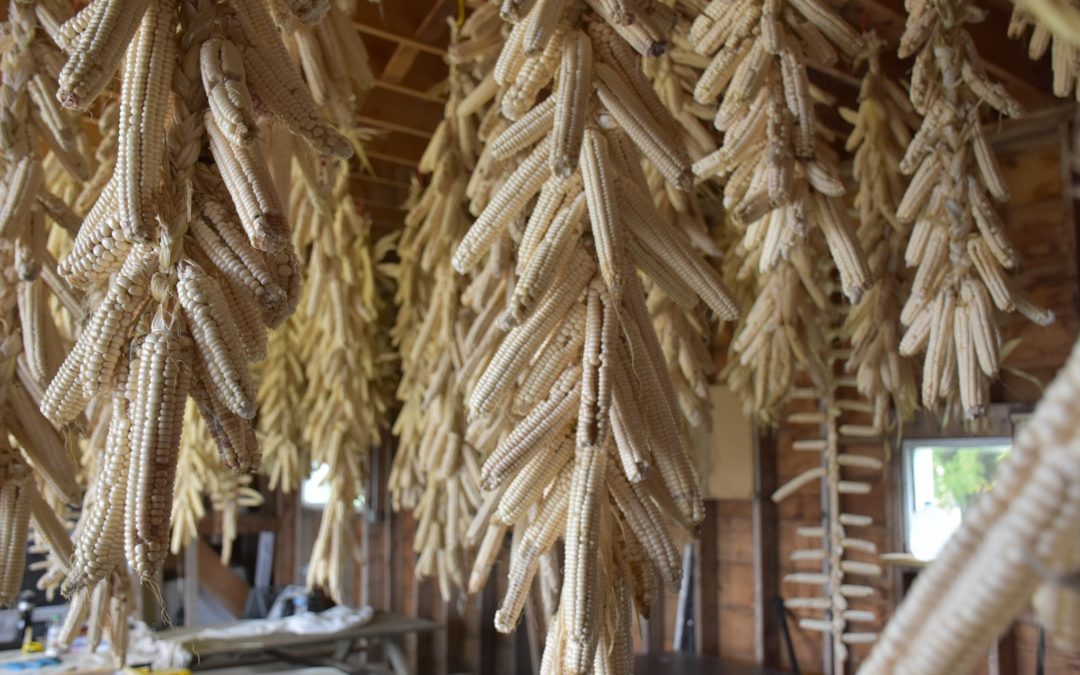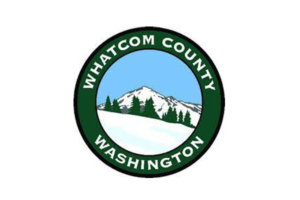New Venture Advisors helps strengthen businesses that are a part of the good food supply chain. On our blog we’ve written about how traditional supply chain economics does not account for unprofitable externalities like the quality of life, soil health, trusting relationships, and community empowerment. In our recent work with two Indigenous communities we’re now seeing that they also do not account for ruptured food systems. For many Native communities, broken food systems are a result of colonization that has had profound effects beyond nutrition and health.
In rebuilding Indigenous food systems, solutions need to account for the cultural and historical realities of Native people. Food system solutions that focus narrowly on consumption and access risk oversimplifying Native communities’ relationship to food. To them, food consumption is tied to ancestry, land, place, relationships, community, and health. Food helps build cultural knowledge, satisfies health holistically, and brings people together through the act of producing, consuming, and distributing traditional foods.
This is evident in our work with Oneida Nation in Wisconsin and Kokua Kalihi Valley Comprehensive Family Services (KKVRoots) in Hawaii, where food means more than an individual choice about food. It includes a more complex understanding of how food invokes community, well-being, and connectedness.
RESTORING A FOOD SYSTEM
For many centuries, the right to choose what to eat has not been honored. Both reservation and urban Natives encountered the loss of traditional food practices which impacted their ability to hunt, gather, grow, cure, and cook food. Stripping Native communities of their food sovereignty and traditional diets increased nutritional deficiencies and food insecurities for Native people and contribute to current health disparities in obesity, heart disease, and diabetes (First Nations Development Institute, 2014).
Food sovereignty is about unraveling that diet and decolonizing the Native food system from perception to production to consumption. Native food sovereignty is “the right of American Indians, Alaska Natives, and Native Hawaiians to produce their own traditional foods on their own lands to sustain themselves, their families and their communities” (First Nations Development Institute). When Native people and communities can begin to feed themselves and control local food systems, they can truly be sovereign and continue to create sustainable futures for long-term survival.
One of the leaders in reclaiming their Native food system is the Oneida Nation. Oneida opened a cannery in the 1970s which provides a center for food production, processing, preservation, and education. The Oneida Cannery processes a variety of foods including traditional white corn and apples from a 2,400 tree orchard the Oneida Nation purchased in 1994. Oneida has since formed the Oneida Community Integrated Food Systems and expanded services which include organic production, processing and distribution, education to promote health and wellness, and cultural revitalization. The foundation of Oneida’s food system is the application of food sovereignty, a label identifying food products that have been grown and produced according to Native practices, values, and land stewardship.
KKV opened as a health center in the 1970s to meet the needs of low-income Asian and Pacific immigrants. The Roots Program was introduced to connect food to well-being. KKVRoots improves the social, physical, and mental health of the community through the growing, preparing, and sharing of food by way of Hawaiian traditions and practices of land stewardship and collective work. KKVRoots activities include community food production at two large community gardens, cooking workshops, a commercial-grade kitchen and cafe, and procurement and distribution at a food hub.
PROCESS FOR REDISCOVERY
Many Native communities experience a lack of access to high quality and culturally appropriate foods. Unfortunately, the practice of consuming traditional foods and the teaching of food preparation has been lost across generations as many tribes and people groups became dependent on government-subsidized food programs. Important steps in rebuilding Indigenous food systems are reintroducing cultural foods and re-educating the community on how to prepare them.
Oneida provides education about diet-related health risks and the benefits of their traditional foods. White corn had been a staple in the Oneida diet; however, it had become scarce. Tribal members worked diligently to collect seeds for their heirloom white corn and successfully integrate it back into the Oneida food system. With increased production, the cannery now processes white corn packaged goods sold locally.
Oneida partners with the local school to introduce youth to various agricultural operations and teach them about cultural food production. Engaging youth is part of the tribe’s long-term solution to preserve knowledge so it can be passed on to future generations.
KKVRoots knows that their cultural foods are a way to continuously generate health and connectivity among its population. The Ehuola program was introduced to engage children and their families using Native Hawaiian cultural practices in food-focused learning. Participants learn skills in gardening, food procurement, and food preparation. KKVRoots also hosts regular community meals where people can share important parts of their heritage and life experiences with each other. This informal setting allows for the passing of knowledge in a format that is more consistent with their cultural practice.
READYING FOR GROWTH
If Native communities can control their local food systems, food can become a driver for cultural revitalization, improving community health and well-being, and economic development. The Oneida Community Integrated Food System has developed an integrated model for restoring their local food system in a manner that is generating wealth and health in the community, and increased interest in traditional foods like white corn which is the centerpiece. As a result, the Oneida Cannery cannot keep up with demand. Oneida increased white corn production by encouraging farming and community gardening but cannot provide enough for local residents. They also want white corn and other locally grown/produced products to source food services in the schools, in senior centers and for other tribal organizations and programs. NVA is helping Oneida imagine a larger production and programming space that would include a shared kitchen incubator, teaching café, culinary education and community space to help support their growing food economy.
KKVRoots is already successfully restoring cultural food practices. KKVRoots’ goal is to show how its programs represent a more holistic model for health based on Indigenous Hawaiian paradigms compared to a modern Western healthcare model. NVA is assisting KKVRoots in relaying their impact to stakeholders and funders as they strategize for growth and bringing in new investors.
Our experiences with Native food systems are just beginning. Each community has its own language, customs, beliefs, and histories. However, there are many commonalities found among these diverse populations, such as Native philosophies of interconnectedness, obligations, and responsibilities between people, animals, land, water, and air. We are also finding commonalities in how they are reclaiming their food systems to become a driver for cultural revitalization, improving community health and well-being, and economic development. It’s a true privilege to help these communities build capacity and reclaim traditions by sensitively applying the lessons we’ve learned about food system development, and in so doing broadening our own understanding of good food supply chains.
(Picture of white corn courtesy of Oneida Nation)



